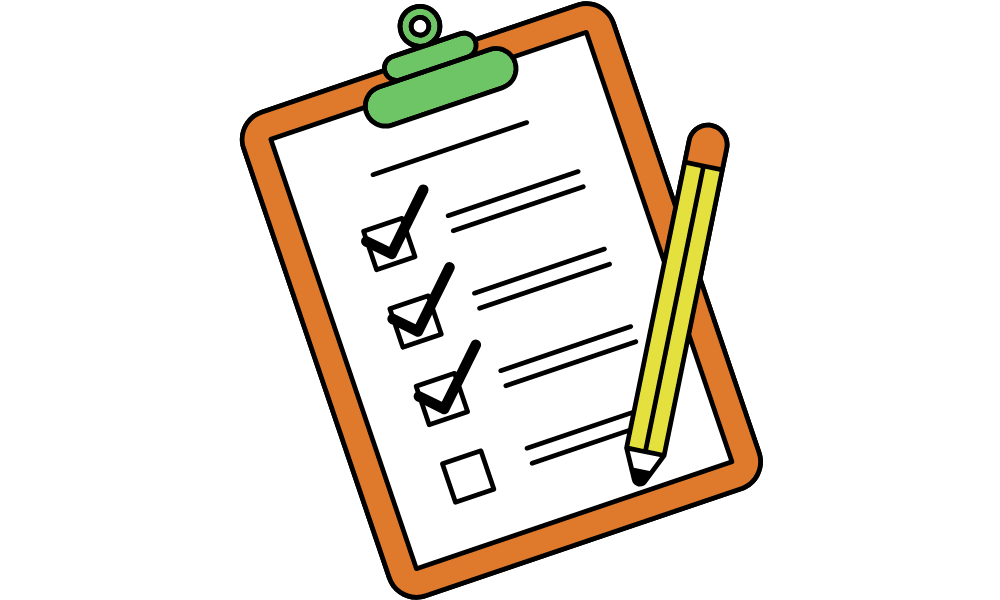
Want faster respect in class, meetings, and interviews. Strong speaking changes outcomes. Clear speech builds trust, moves ideas, and drives action. This guide defines what is speaking skills, shows key elements, and gives a simple plan you follow today.
What is speaking skills ?

Speaking skills refer to the ability to share ideas through voice in a clear, structured, and engaging way. Strong speaking joins words, tone, and body language to match audience needs.
What is speaking skills matters because progress in school and work depends on clear messages that land. Core parts include message clarity, simple structure, confident delivery, active listening, and audience focus. Each part lifts understanding and recall.
Why speaking skills matter?
Learning improves when learners express doubts and solutions. Careers grow when leaders brief teams and persuade stakeholders. Daily life runs smoother when requests sound clear and respectful.
Search engines favor pages that answer direct questions like what is speaking skills with plain, useful guidance, so this article keeps language simple and steps practical.
ALSO EXPLORE: Top 10 Boys Boarding Schools in Dehradun
Elements of strong speaking:

Clarity: Short sentences, common words, one idea per line.
Structure: Hook, point, proof, takeaway.
Confidence: Steady pace, open posture, eye contact.
Listening: Pause, confirm, respond to what you heard.
Audience focus: Start with needs, keep benefits upfront.
Body language: Upright stance, purposeful gestures, relaxed face.
Types of speaking:
Conversations: One-to-one or small groups.
Presentations: Slides or demos for a class or team.
Interviews: Short stories with results and numbers.
Group discussions: Crisp points, support others, move to decisions.
Public talks: Clear theme, memorable close.
How to improve speaking skills?
Set a goal:One sentence outcome, for example, explain topic X in two minutes.
Write a mini outline: Hook, three points, action ask.
Record one take daily on phone: Review pace, fillers, and volume.
Cut filler words: Replace um, like, you know with a short pause.
Slow down: Aim for 130 to 150 words per minute.
Strengthen vocabulary: Learn five high-use verbs per week.
Rehearse Q&A: Prepare three common questions with 20-second answers.
Seek feedback: Ask a peer for one thing to stop, start, and continue.
Common mistakes and quick fixes:
- Filler words. Insert a one-second pause instead.
- Long sentences. Split into two lines, keep subject and verb close.
- Weak openings. Start with a question or outcome promise.
- No call to action. End with a next step, date, or metric.
- Monotone voice. Vary pitch on key words.
- Reading slides. Use slides as prompts, not a script.
Simple 7-day practice plan:

Day 1. Define goal and audience. Outcome, one sentence.
Day 2. Write a 90-second outline. Hook, three points, close.
Day 3. Record, review, remove fillers.
Day 4. Add one story with numbers. Problem, action, result.
Day 5. Practice eye contact, hold three beats on key lines.
Day 6. Run a mock Q&A. Three questions, 20-second replies.
Day 7. Deliver to a friend or mirror, log one win and one fix.
Why this guide works better than others?
Direct steps, no fluff. Clear definitions of what is speaking skills. A one-week plan you follow without special tools. Focus on outcomes you measure, such as fewer fillers, tighter pace, and stronger calls to action.
Frequently Asked Questions (FAQs)
Ques 1. What is speaking skills?
Ans. Speaking skills mean the ability to communicate ideas clearly through spoken words with confidence, accuracy, and fluency.
Ques 2. Why are speaking skills important?
Ans. Speaking skills help you express thoughts, share information, and build relationships in both personal and professional life.
Ques 3. What are the main types of speaking skills?
Ans. The main types are interpersonal speaking, public speaking, group discussions, interviews, and presentations.
Ques 4. What are examples of good speaking skills?
Ans. Clear pronunciation, confident tone, eye contact, and structured speech are examples of good speaking skills.
Ques 5. What is the difference between speaking and communication skills?
Ans. Speaking focuses on verbal delivery, while communication includes listening, writing, and body language.
Ques 6. Why are speaking skills essential in school?
Ans. They improve participation, help in debates, and build confidence in public interactions.
Ques 7. What is the role of body language in speaking skills?
Ans. Body language supports verbal communication by adding clarity and confidence to your message.
Ques 8. What makes a good speaker?
Ans. A good speaker communicates clearly, stays calm, and connects with the audience.



